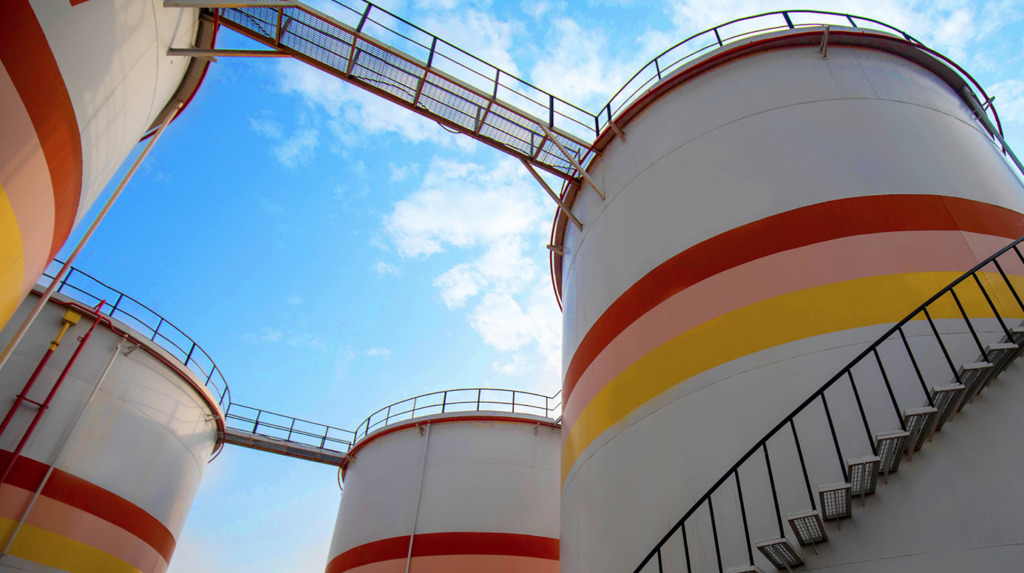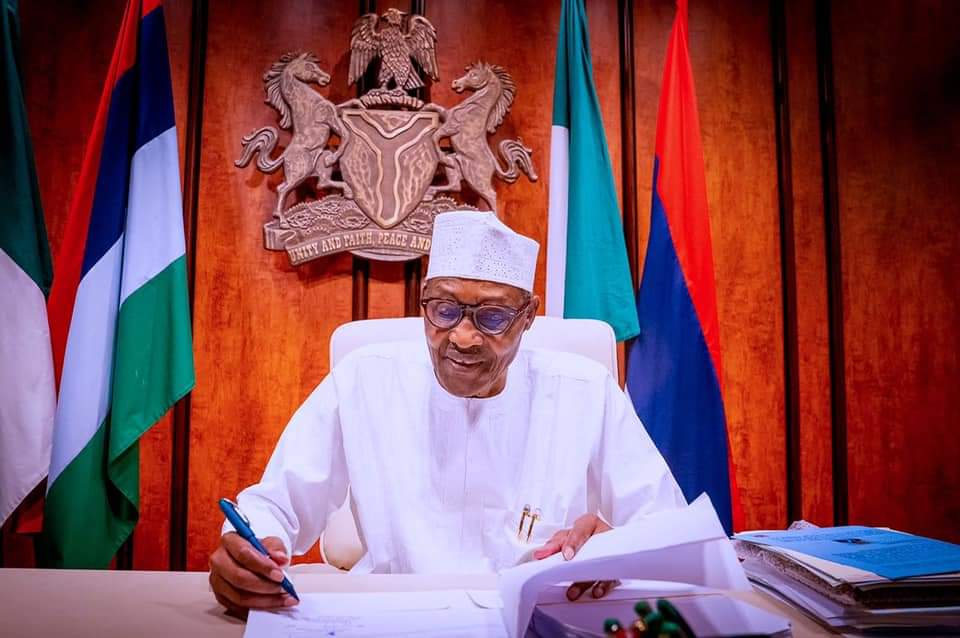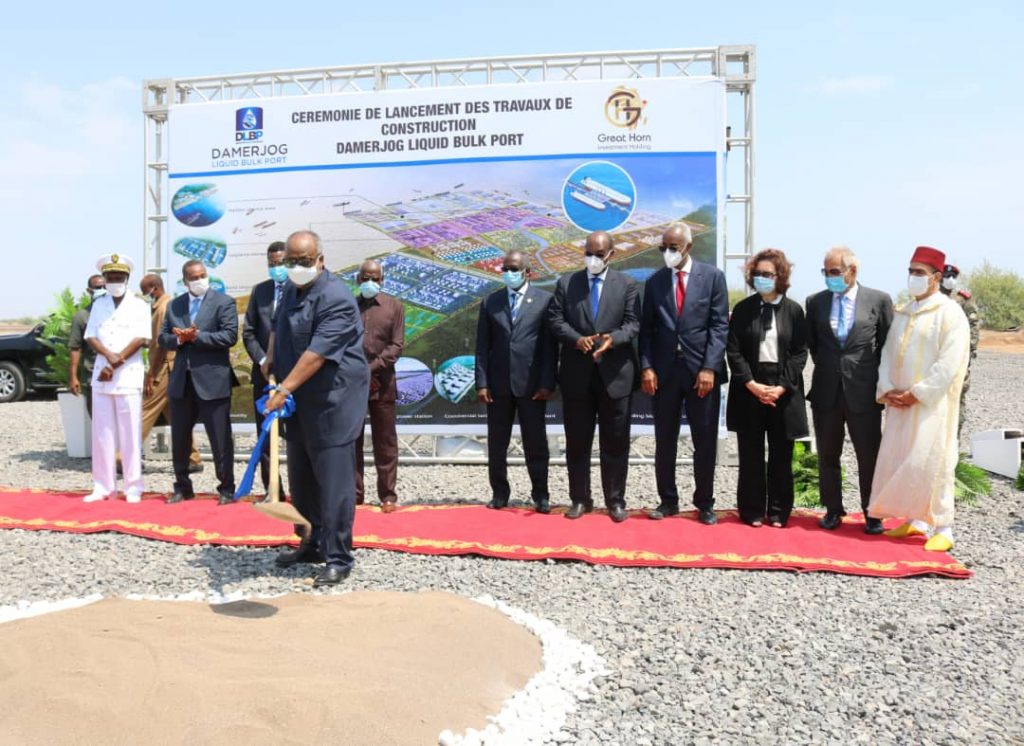Downstream

Sahara Tanzania doubles its petroleum products storage capacity
Earlier this year, Sahara Tanzania announced the expansion of its petroleum products storage capacity in the country to 72 million liters. Nigerian energy and power conglomerate Sahara Group has been present in Tanzania since 2015, starting with 10 loading arms and four storage tanks with a combined storage capacity of 36m litres. It has now […]
Read more »
President Buhari has signed Nigeria’s Petroleum Industry Bill into law
It took almost two decades, two historic crashes in commodity prices and two recessions for Nigeria to finally adopt its new Petroleum Industry Bill. Following its passing at both chambers of Parliament in July, the bill was officially signed into law by President Buhari today. The bill is expected to provide much-needed regulatory certainty for […]
Read more »
Despite Lack of Natural Resources, Djibouti Attracts Major Investments in Infrastructure
Djibouti has no natural resources, a land area of only 23,200 km2 and a population of 1m. Yet, the country has attracted billions of dollars of investments over the past decade, making some of Africa’s biggest economies look up to it with envy. Foreign investors from China, the Middle East and the United States are […]
Read more »